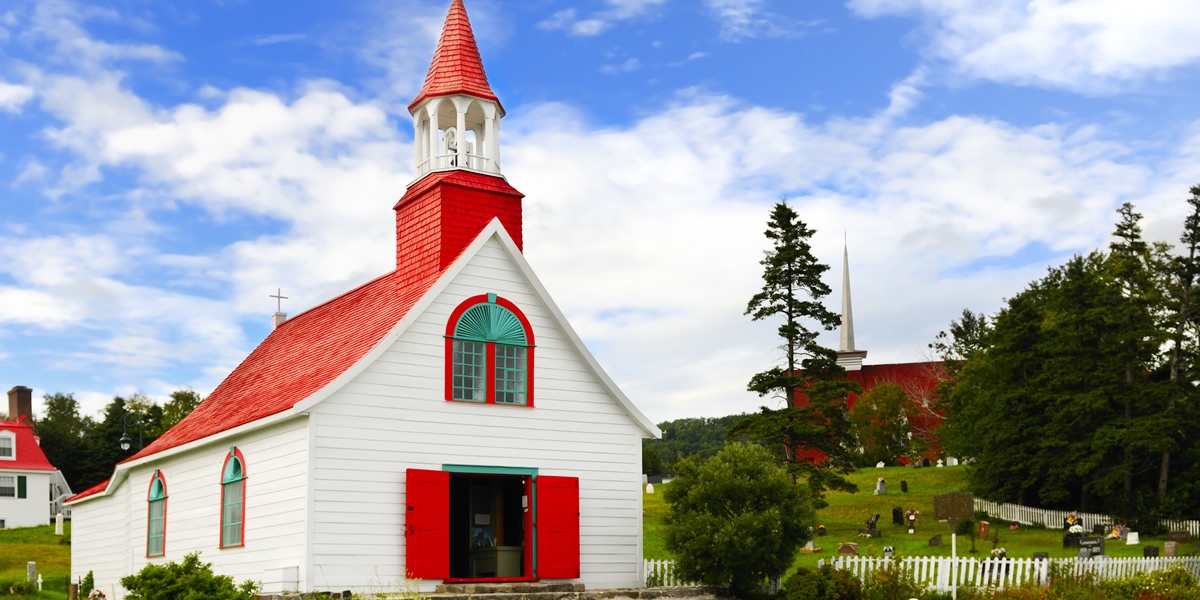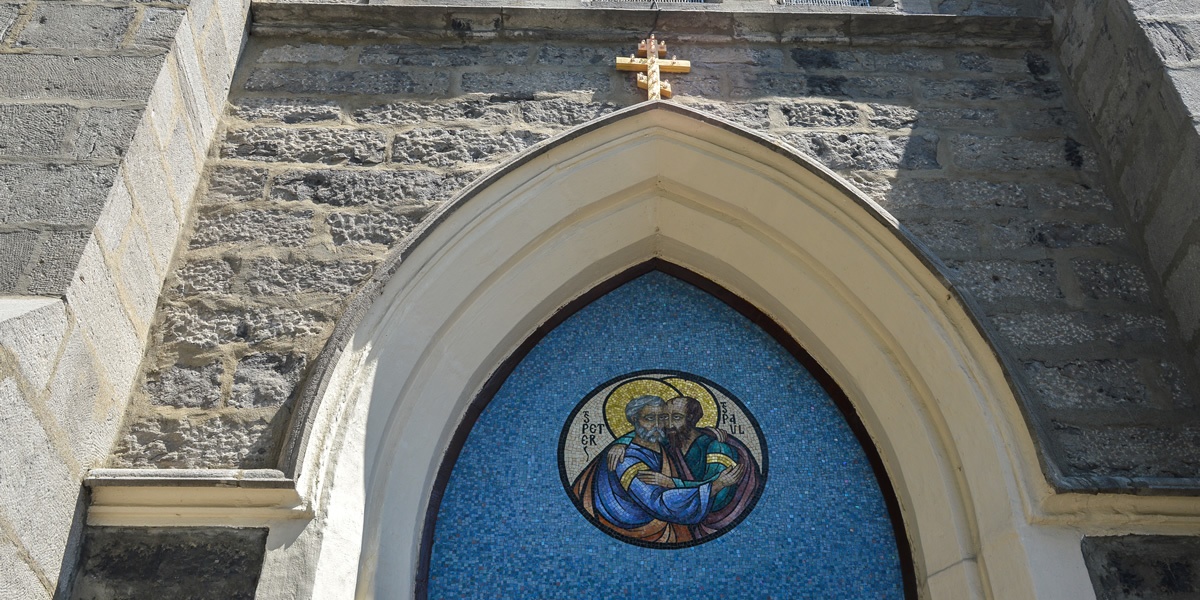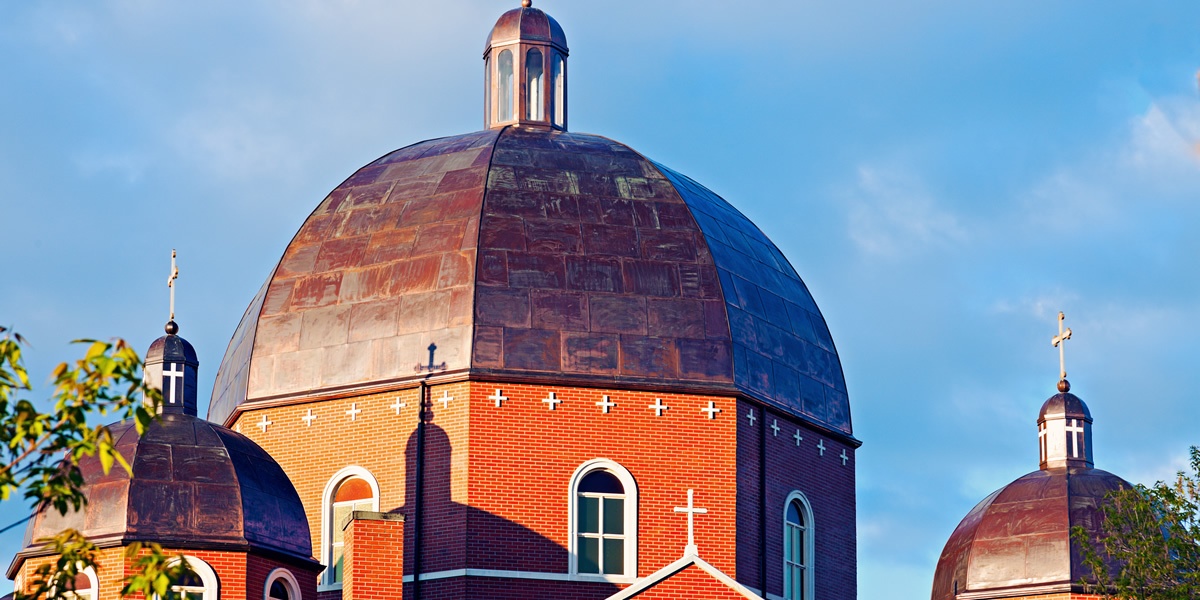Reformed Churches and Pluralism
Hope for a World of Religions
Reformed churches see their spirituality as an inheritance concentrated in the 15th century Reformer John Calvin’s interpretation of the Christian tradition, which he in many ways received from the early church fathers, especially St. Augustine. Augustine, of course, was reflecting on the New Testament witness to the life and death of Christ, a historically and universally seminal event that speaks to us about the renewal of all creation.
It is our deep foundations in a theology of creation that inspired a more recent theologian to think very urgently about pluralism. Abraham Kuyper (1837-1920) in fact became the President of The Netherlands at the turn of the 20th century and noted that pluralism is a fact of life, a diversity built right into creation and its unfolding in culture. Inherent in this plurality is a “common grace” from God – that while all cultures are corrupted, none is so tainted as to be without some divine truth, beauty and goodness. So Kuyper developed the idea of “principled pluralism” which challenges both a church monopoly on public life and a secular hegemony, insisting that religious groups should be treated with equal rights, and cooperate where they can to pursue the common good.
Within this pluralistic polity, each faith is free to unapologetically proclaim its particular creed. In our collective “contemporary testimony” (2008: paragraph 42), the CRCNA has included a short section on religious pluralism, stating:
In a world estranged from God,
where happiness and peace are offered in many names
and millions face confusing choices,
we witness—
with respect for followers of other ways—
to the only one in whose name salvation is found:
Jesus Christ.
In Jesus, God reconciles the world to himself.
God loves all creation;
his compassion knows no bounds.
Calvin said all human beings are hard-wired for God, but their hearts are a factory of idols, distracting them from their true source. All religions, including the Christian religion, fall short. Jesus came to fulfill the promises given in religion, and so through his once-for-all sacrifice on the cross, all people, and all religions may be reformed, corrected, and redeemed—along with all creation itself—to rise with Christ to a renewed, eternal life where love, joy, and peace shall reign.
Peter Schuurman








